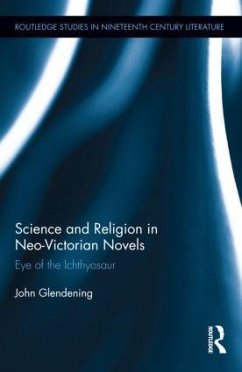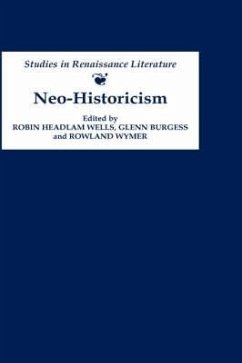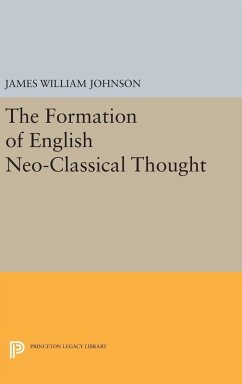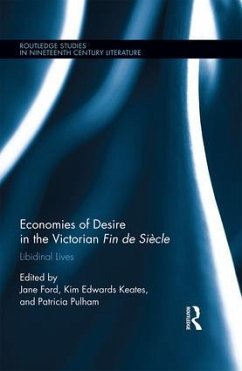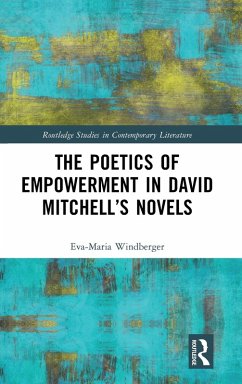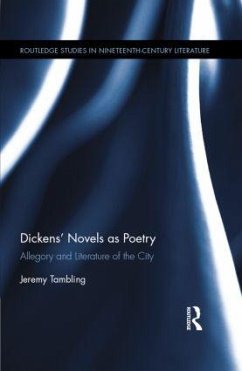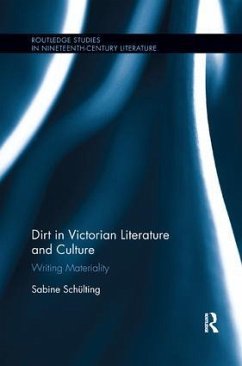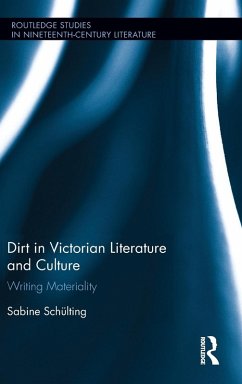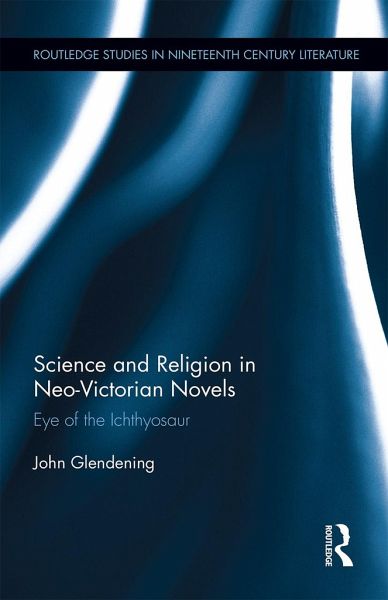
Science and Religion in Neo-Victorian Novels
Eye of the Ichthyosaur
Versandkostenfrei!
Versandfertig in 1-2 Wochen
55,99 €
inkl. MwSt.
Weitere Ausgaben:

PAYBACK Punkte
28 °P sammeln!
Criticism about the neo-Victorian novel - a genre of historical fiction that re-imagines aspects of the Victorian world from present-day perspectives - has expanded rapidly in the last fifteen years but given little attention to the engagement between science and religion. Of great interest to Victorians, this subject often appears in neo-Victorian novels including those by such well-known authors as John Fowles, A. S. Byatt, Graham Swift, and Mathew Kneale. This book discusses novels in which nineteenth-century science, including geology, paleontology, and evolutionary theory, interacts with ...
Criticism about the neo-Victorian novel - a genre of historical fiction that re-imagines aspects of the Victorian world from present-day perspectives - has expanded rapidly in the last fifteen years but given little attention to the engagement between science and religion. Of great interest to Victorians, this subject often appears in neo-Victorian novels including those by such well-known authors as John Fowles, A. S. Byatt, Graham Swift, and Mathew Kneale. This book discusses novels in which nineteenth-century science, including geology, paleontology, and evolutionary theory, interacts with religion through accommodations, conflicts, and crises of faith. In general, these texts abandon conventional religion but retain the ethical connectedness and celebration of life associated with spirituality at its best. Registering the growth of nineteenth-century secularism and drawing on aspects of the romantic tradition and ecological thinking, they honor the natural world without imagining that it exists for humans or functions in reference to human values. In particular, they enact a form of wonderment: the capacity of the mind to make sense of, creatively adapt, and enjoy the world out of which it has evolved - in short, to endow it with meaning. Protagonists who come to experience reality in this expansive way release themselves from self-anxiety and alienation. In this book, Glendening shows how, by intermixing past and present, fact and fiction, neo-Victorian narratives, with a few instructive exceptions, manifest this pattern.





